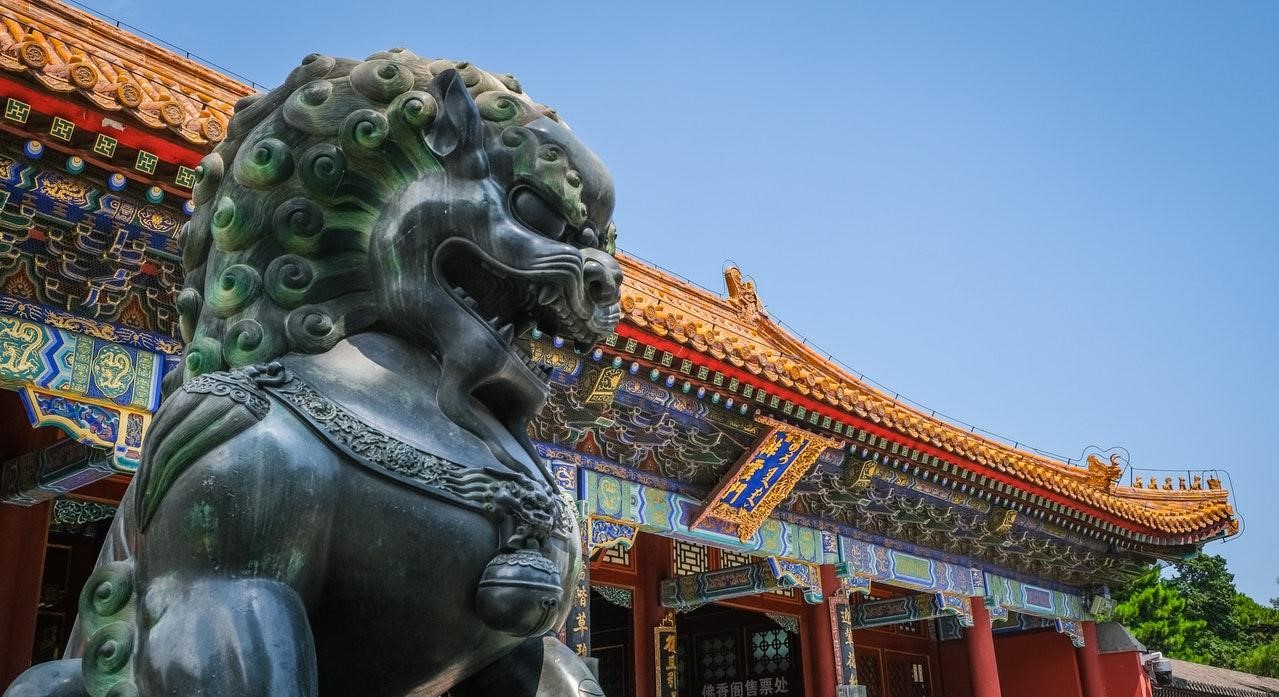
Ant Group, Tencent, Baidu, and JD.com all support NFT Self-regulation in China
- The IT companies also promised to stop financializing digital collectibles and to only allow fiat-based trading.
- Clear regulations for NFTs have still not been released by Beijing.
- Yucang, a Chinese NFT marketplace, said earlier this week that it is repurchasing assets due to a lack of regulatory clarity.
As the crypto industry continues to grow and evolve, so too do the self-regulatory initiatives aimed at ensuring best practices are adhered to. The latest of such initiatives comes from a group of Chinese tech giants including Ant Group, Tencent, Baidu, and JD.com, who have joined forces to eliminate speculation around Non-fungible Tokens (NFTs), also known as “digital collectibles” in China.
The move is a welcome one given the large amount of speculation that has been taking place in the NFT space in recent months, with prices for some digital assets skyrocketing to absurd levels. This often leads to investors getting caught up in the hype and investing money they can ill afford to lose, only to see the value of their investment plummet just as quickly.
With this new self-disciplinary initiative in place, hopefully, we will start seeing more rational behavior when it comes to investing in NFTs and other digital assets. That said, only time will tell whether or not this will be enough to temper the exuberance of Chinese investors who have been driving much of the growth in the space lately.
NFTs in Beijing
The regulatory environment for NFTs in Beijing is still unclear. While the government has yet to provide any concrete regulations regarding the use and trading of NFTs, it is clear that they are taking a cautious approach to this new technology. This is likely due to the fact that NFTs have only recently begun to gain mainstream adoption, and thus there is still a lot of uncertainty surrounding their use cases and long-term implications.
At the moment, there are a few startups in Beijing that are experimenting with NFTs. One of these startups, called Bigverse, has developed a platform that allows users to create and trade digital collectibles. The platform currently supports a range of different asset types, including art, music, and even video footage. While Bigverse’s platform is still in its early stages, it represents one of the first efforts to bring NFTs to China’s burgeoning internet economy. It remains to be seen how the Chinese government will ultimately regulate NFTs.
However, given the country’s cautious approach to new technologies, it is likely that any regulations will be designed to protect consumers and ensure that NFTs are used in a responsible manner. In the meantime, startups like Qiaoyun Technology will continue to pioneer the use of this exciting new technology in China.







